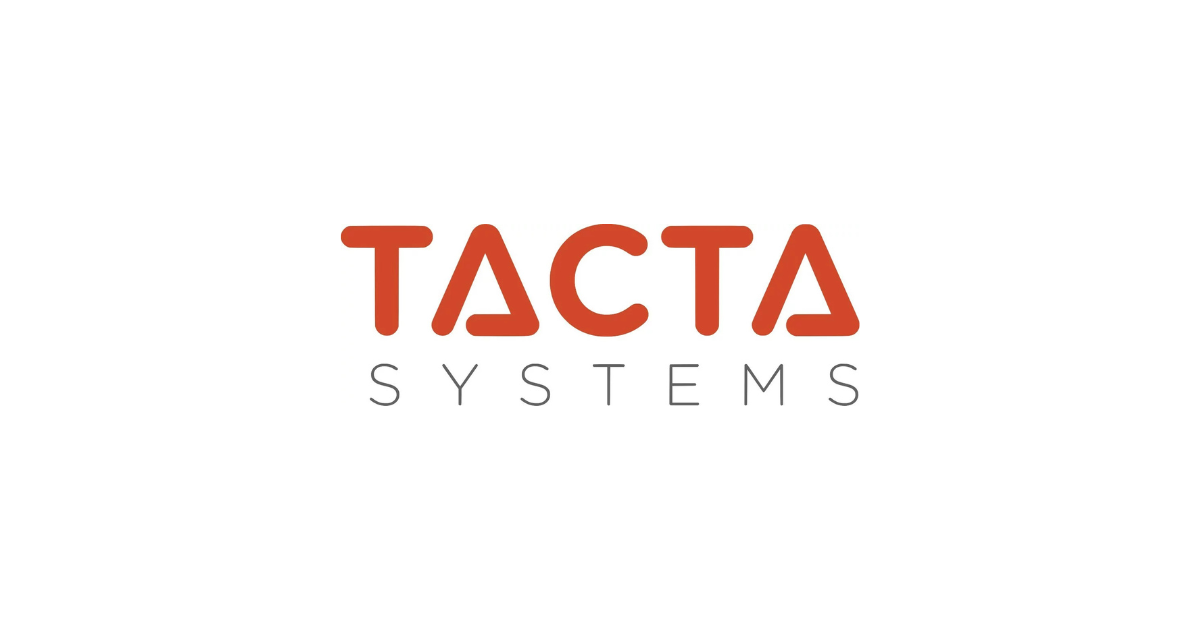Tacta Systems Secures $75 Million for Advanced Robotics Development

Tacta Systems has announced $75 million in funding to advance its development of robotics technology that aims to provide robots with human-like tactile abilities and spatial awareness, announced in a press release. The funding includes an $11 million seed round led by Matter Venture Partners and a $64 million Series A round led by America's Frontier Fund and SBVA.
Tacta Systems is focused on creating a 'smart nervous system' for robots, known as Dextrous Intelligence, which allows them to sense, adapt, and manipulate the physical world with precision and speed. This technology is designed to enable robots to perform complex, human-like tasks, potentially automating labor-intensive processes in various industries.
The company, based in Palo Alto, California, was founded by experienced entrepreneurs and is backed by several investors, including B Capital, EDBI, Sojitz Corporation, and others. The funding will be used to accelerate the development of Tacta's robotic solutions, which aim to address challenges in industrial and consumer applications.
We hope you enjoyed this article.
Consider subscribing to one of our newsletters like Robotics Brief, AI Funding Brief or Daily AI Brief.
Also, consider following us on social media:
More from: Robotics
More from: Funding
Subscribe to Robotics Brief
Weekly coverage of AI-driven robotics advances in industrial automation, autonomous vehicles, and robotic systems.
Whitepaper
Stanford HAI’s 2025 AI Index Reveals Record Growth in AI Capabilities, Investment, and Regulation
The 2025 AI Index by Stanford HAI provides a comprehensive overview of the global state of artificial intelligence, highlighting significant advancements in AI capabilities, investment, and regulation. The report details improvements in AI performance, increased adoption in various sectors, and the growing global optimism towards AI, despite ongoing challenges in reasoning and trust. It serves as a critical resource for policymakers, researchers, and industry leaders to understand AI's rapid evolution and its implications.
Read more
